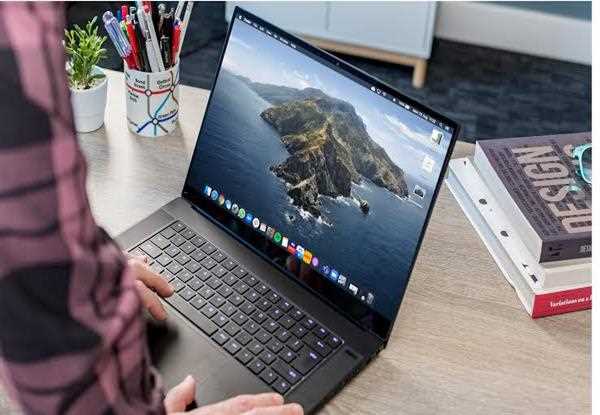
Buying a perfect laptop requires careful consideration of various factors to ensure it meets your specific needs and preferences. By following a systematic approach and evaluating key aspects such as performance, specifications, design, and price, you can make an informed decision and find the laptop that suits you best.
Determine your needs: Start by understanding your requirements. Consider what tasks you'll be using the laptop for, such as work, gaming, content creation, or casual use. This will help you identify the necessary specifications and features.
Research: Conduct thorough research to explore different laptop models, brands, and customer reviews. Compare specifications, performance benchmarks, and user experiences to gain insights into the laptops' strengths and weaknesses.
Operating system: Choose between Windows, macOS, or Linux based on your familiarity, software compatibility, and personal preference. Each operating system offers unique features and software ecosystems.
Performance: Assess the laptop's performance capabilities, including the processor, RAM, and storage. A fast and efficient processor (e.g., Intel Core i5 or i7, AMD Ryzen) combined with sufficient RAM (8GB or more) and ample storage (preferably SSD) will ensure smooth multitasking and faster boot times.
Display: Consider the display size, resolution, and quality. Larger displays are ideal for immersive experiences and multitasking, while higher resolutions (Full HD or higher) provide sharper visuals. Additionally, factors like color accuracy, brightness, and viewing angles are crucial, especially for design or multimedia work.
Graphics: Determine if you require dedicated graphics for gaming or graphic-intensive tasks. Integrated graphics are suitable for everyday use, while discrete graphics cards (e.g., NVIDIA GeForce or AMD Radeon) provide better gaming and rendering capabilities.
Portability and design: Consider the laptop's weight, dimensions, and build quality based on your mobility needs. If you require portability, opt for lightweight and compact designs. Pay attention to the build materials for durability and aesthetics.
Battery life: Evaluate the laptop's battery life, particularly if you intend to use it on the go or in situations where charging options may be limited. Longer battery life ensures uninterrupted usage without frequent recharging.
Connectivity and ports: Check the available ports (USB, HDMI, audio, etc.) and connectivity options (Wi-Fi, Bluetooth) to ensure compatibility with your devices and peripherals.
Price and budget: Set a budget range based on your requirements. Consider the price-performance ratio and determine the balance between features, performance, and affordability.
After-sales support: Research the laptop manufacturer's reputation for customer service, warranty coverage, and availability of support centers or online resources.
Make a decision: Based on your research and considerations, shortlist a few laptops that meet your criteria. Compare them side by side, weighing their pros and cons before making the final decision.